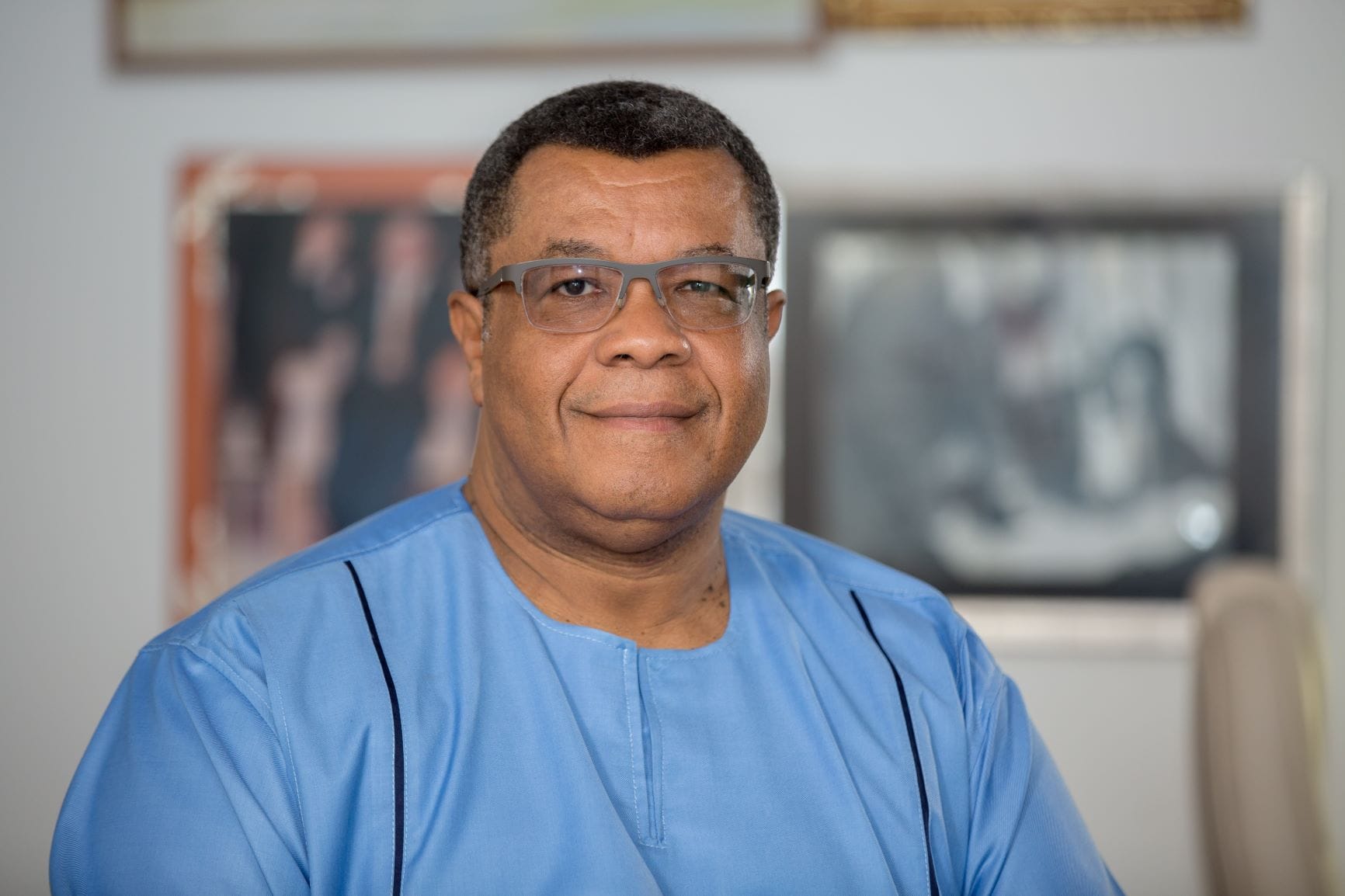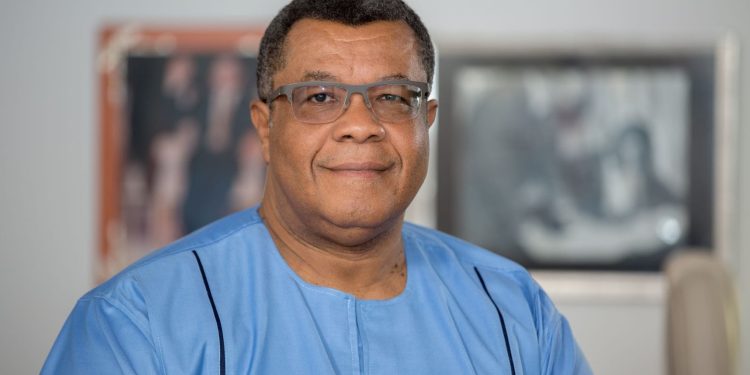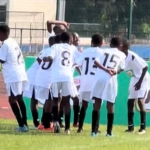
Dear Comrades,
I cannot let this moment pass without expressing my solidarity and commitment to the cause we joined 46 years ago, and making a few comments about what I see as our necessary future path.
We are at a critical juncture in our nation’s journey — a moment that calls for sober reflection, honest appraisal, and decisive action. “Accountable Governance” is a mandate not just for the Presidential appointees. Our party, too, needs a radical reset if we are to provide Ghanaians with the leadership they deserve and desire and not degenerate into what our friends in the NPP have become.
The overwhelming defeat of the NPP at the 7th December 2024 polls is a wake-up call not just to the NPP but to the NDC as well and all who seek to govern our beloved country, Ghana. The decisive rejection of the erstwhile regime of the NPP is pregnant with lessons about how not to govern, whether it be the state, a political party or any other public institution.
Arrogance, vanity of power, intolerance, elitism, corruption and the flagrant disrespect for the people’s interest in pursuit of private gain, and at the expense of the welfare of Ghanaians, was tellingly and fundamentally reprimanded by the Ghanaian electorate. We, as a party, must learn from this in the governance of our affairs. The state is not to be governed for private gains but for collective upliftment and the conquest of poverty in all its aspects, including the conquest of the poverty of mind that leads to the reckless dissipation of our national resources and collective patrimony.
The state is not there or designed to finance political parties through spurious and inflated contract sums. It is there to finance development and opportunity for all through investments in job creation and meaningful livelihoods, for our young men and women in particular.
Political parties are to be financed by their members and well-wishers through strict adherence to party finance laws and conventions that seek to secure transparency and accountability.
The state is to be governed impartially with keen attention to meeting the challenges of today in the context of a vision of the future that will secure the well-being of Ghana through the collective and mobilised actions of its citizens, in the quest for national dignity and self-reliance.
This is what H. E. President Mahama’s reset agenda entails – giving governance back to the people, for the people and by the people.
Comrades, probity, justice, and participatory democracy were the pillars of the widespread public trust that enabled Kwame Nkrumah to transform the Gold Coast – a collection of mutually exploited and Europe-oppressed ethnic chiefdoms – into Ghana, a modern united country, a true REPUBLIC, with the will to liberate and uplift all as brothers and sisters in our country and across our continent. Nkrumah’s economic vision involved the collective use of our resources through our new state institutions to create agricultural and industrial jobs and wealth for our people, rather than for the colonial master. There is no denying the depth of Osagyefo’s vision or the skill with which he led Ghana.
However, none of this would have mattered if the People had not had confidence that in every step and measure he took, it was the paramount interests of the ordinary People he served.
Comrades, in 1966, hostile foreign interests recaptured control of our young national institutions and turned them against our people to re-impose a colonial system of exploitation and oppression. In the 15-year decline that followed, and under the intensified looting of our resources superintended by our political elites, we all but lost our sense of internal solidarity and the progressive, pan-African identity, and economic dynamism that had made Ghana a beacon to oppressed people the world over.
Elite “special” interests were promoted above the collective interests of working Ghanaians. Our rulers divided us by social status, encouraging us to think that ethnicity, family, “royalty,” religion, gender, profession (especially uniformed profession!), entitled individuals to greater private access to the national cake than hard work and creative contribution to the wider upliftment of society – merit, competence and capacity were thrown out of the window in favour of subjective, often irrational criteria in the service of sectarian and not the national interest.
We are all witnesses to the fact that the decline of a culture based on merit, endeavour, proven competence, and hard work has not served Ghana well.
The history of the crass belief in self-entitlement and the rejection of social solidarity of past regimes led to corruption becoming the norm. With the irresponsible mining of our economy by successive political elites, our poverty deepened, and social strife heightened to a near-breaking point. This was the national situation at the dawn of June 4, 1979.
Then came the revolution. After 13 long years of decline and national disgrace, the institution at the very heart of this callous system of exploitation was challenged by its lowest – the so-called “other ranks.” In posing that challenge at the risk of their very lives, these young men changed the face of politics in Ghana forever.
June 4 was more than a mutiny. It was the re-entry of ordinary citizens into national politics (the equivalent of Nkrumah’s Veranda boys’ movement) by other means. It was a revolutionary rejection of the Ghanaian elite and a demand for radical, and sometimes deadly, accountability from the young and the marginalised. It was the chickens coming home to roost.
Indeed, it was an inferno that threatened to engulf everything. In that moment, and many other moments over the following years, it was the strength of the (then) young men led by Flt Lt Rawlings, who dared to provide the leadership that ensured we did not tip into the abyss of generalised violence or civil war, as so many other exploited and oppressed West African countries did in the 80s and 90s.
Comrades, this is the historic significance of June 4, 1979, from which our Party draws its ideology and legitimacy. June 4 is not evidence of our righteousness or entitlement to rule as “children of the revolution.” It is rather a sacred charge to us to uphold revolutionary standards of accountability, democracy and social justice. But it is also a stark warning to ruling elites – including ours today – about the dangers of betrayal and the retribution of the masses.
We must never forget its messages. Firstly, power belongs to the people; we are merely stewards. Secondly, the people can take that power away from us – electorally or otherwise, regardless of what a constitution states. Thirdly, if we have not created widespread wealth, been accountable, delivered justice, and, above all, encouraged the people’s meaningful democratic participation in governing society; if we have relied on corrupt top-down patronage politics and intimidatory tactics in our party and state affairs, then we ought not to be surprised by sudden eruptions of chaos and destruction or under the illusion that our control of state instruments of violence will keep us in power and safe.
June 4 and the recent history of the Sahel teach us that no matter how secure and potent we feel as the Party in power, no matter how loud and sycophantic our desperate and often hungry “foot soldiers” are, leaders are constantly being weighed in the scales of justice. The people keep their own counsel and will tolerate only so much and no more. It is always difficult to tell when the breaking point has been reached from inside the power bubble. So, we must be vigilant in protecting our guiding principles of probity and accountability, in the fight for social justice, and in building participatory democracy, lest we fall short of expectation.
Recent events in the Sahel demonstrate incontrovertibly that neither the might of imperial powers nor the arms of the most sophisticated and potent military power on earth can withstand the force of a people united against oppression and injustice.
NDC has a unique opportunity as a Party now to deepen our own quest for probity, accountability, social justice, and participatory democracy. We can rebuild relations with our grassroots and immerse ourselves in the ordinary people’s struggle. We must not make the mistake of thinking that our impressive mandate or the ongoing collapse of the NPP is a license to descend into greed and arrogant elitism. We cannot waste this moment squabbling for personal advantage and tearing the state machine apart. We must build our Party now.
It is time for a new consultative process to make the NDC a vehicle that can provide our country with leadership for the next 50 years and beyond. We can only do this if the people trust us. The people will only trust us if we are immersed in their needs and aspirations and if we fight alongside them for dignity and prosperity.
This is not about rhetoric. We need structural responses now! We must acknowledge that over the years, we have largely become an electoral machine with power concentrated at the top and not the bottom, and that as a result, our values are becoming dangerously like the NPPs. We must commit to systematically correcting our top-down structures and nurturing an organised mass base to which we are substantively accountable. Branches are the foundation. And ours are mostly dead or shells mobilised only for elections, but not to serve communities.
We can train a cadre to help rebuild our branches as powerful activist bodies that represent the Party to the community and the community to the Party. At each level of the Party, we must establish proper bottom-up relations between elected executives and electorates. President Mahama has taken the first step at the level of the State machine and appointees. The Party must also take the opportunity to reset now. We should commence a national conversation within the party from the grassroots up, leading in the next 18 months to a national ideological and constitutional reset convention.
I leave you with this thought. There is a way forward back to our roots. Let us, in this moment, recall Flight Lieutenant Jerry John Rawlings and all of our fallen heroes whose heroic example and efforts inspire us to greater acts of sacrifice and service to our communities, our beloved Ghana and to Africa.
ALUTA CONTINUA!!
CDE GOOSIE TANOH
DISCLAIMER: The Views, Comments, Opinions, Contributions and Statements made by Readers and Contributors on this platform do not necessarily represent the views or policy of Multimedia Group Limited.
DISCLAIMER: The Views, Comments, Opinions, Contributions and Statements made by Readers and Contributors on this platform do not necessarily represent the views or policy of Multimedia Group Limited.
- President Commissions 36.5 Million Dollars Hospital In The Tain District
- You Will Not Go Free For Killing An Hard Working MP – Akufo-Addo To MP’s Killer
- I Will Lead You To Victory – Ato Forson Assures NDC Supporters
Visit Our Social Media for More




